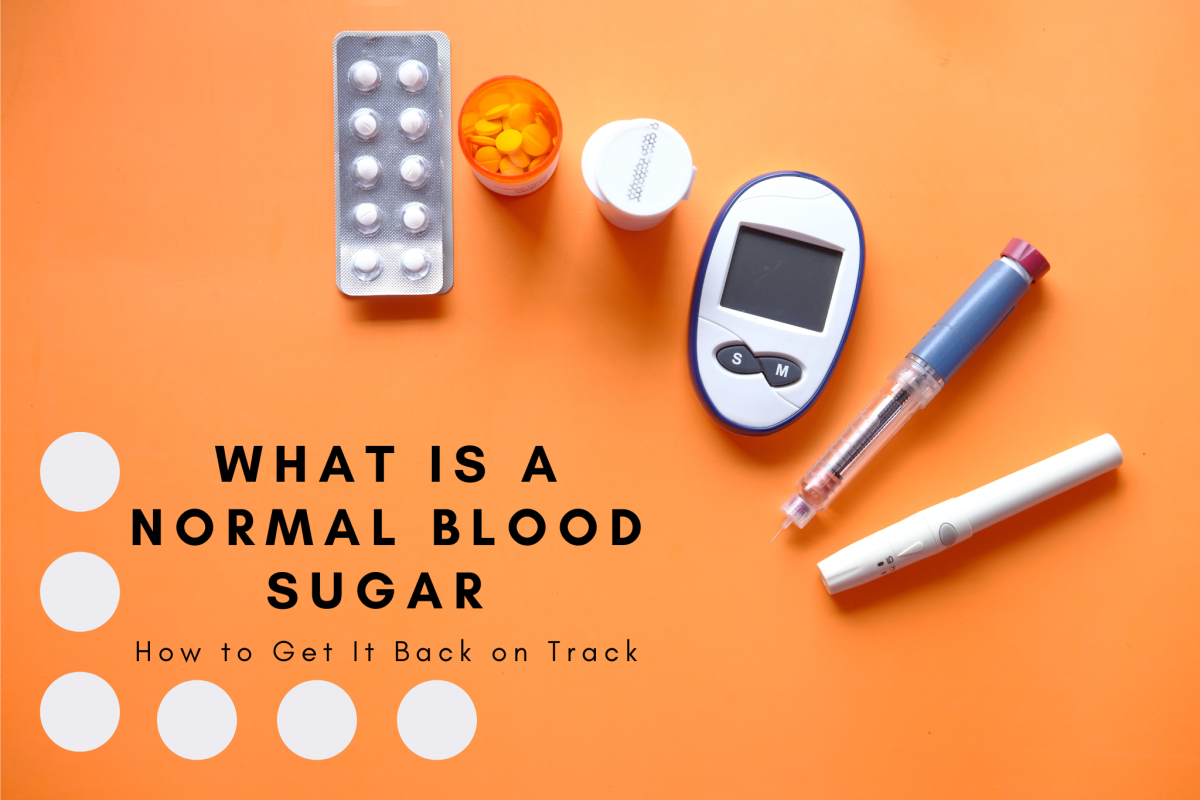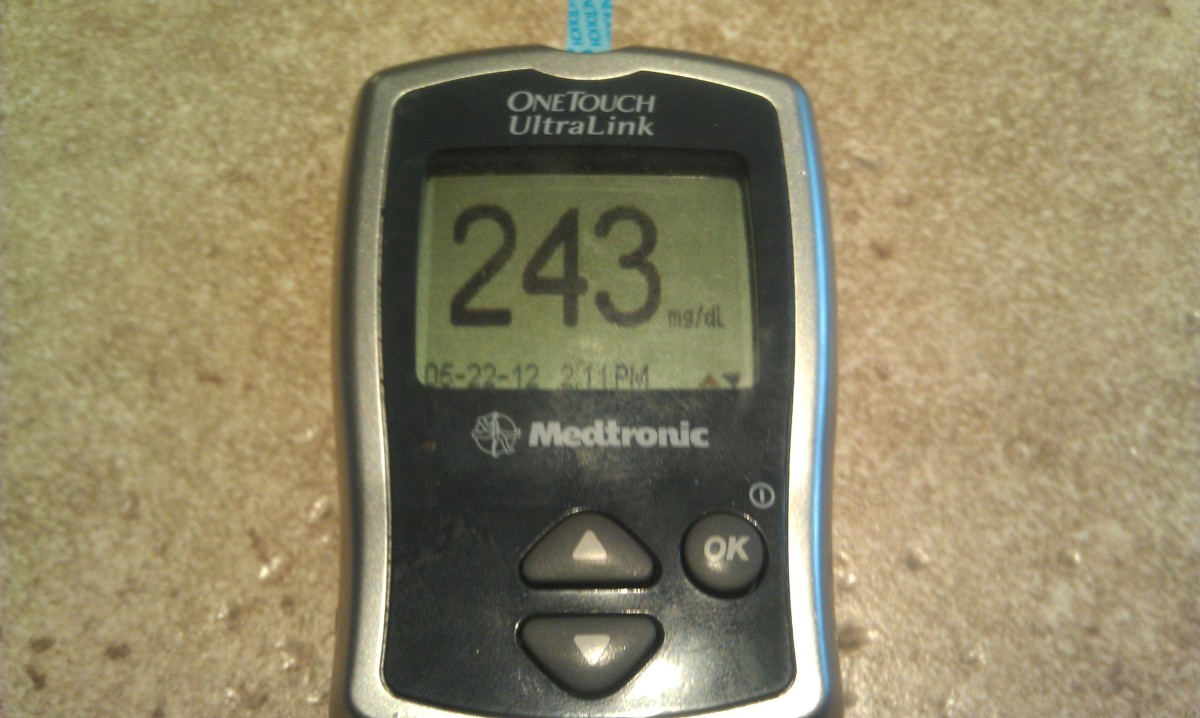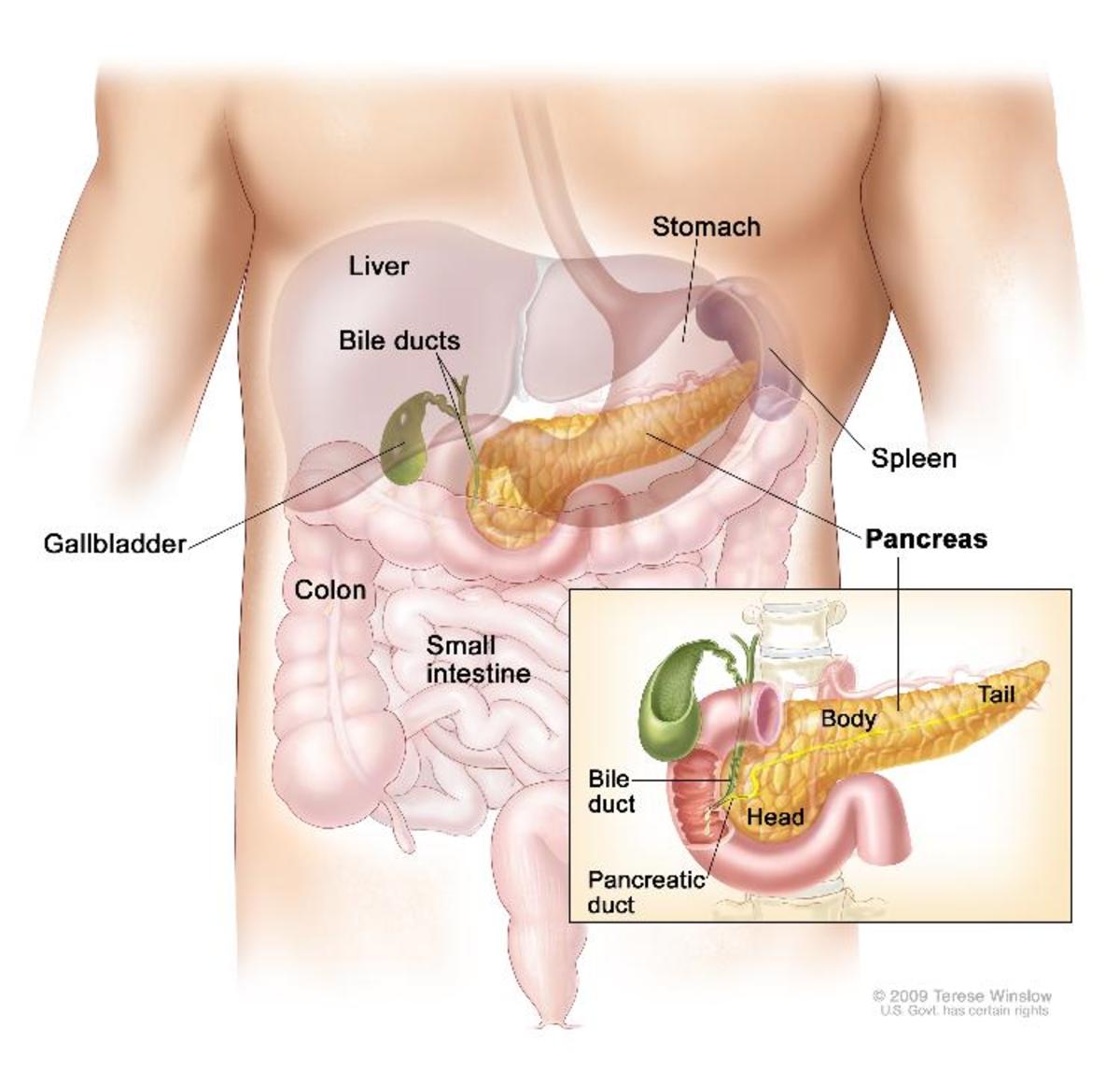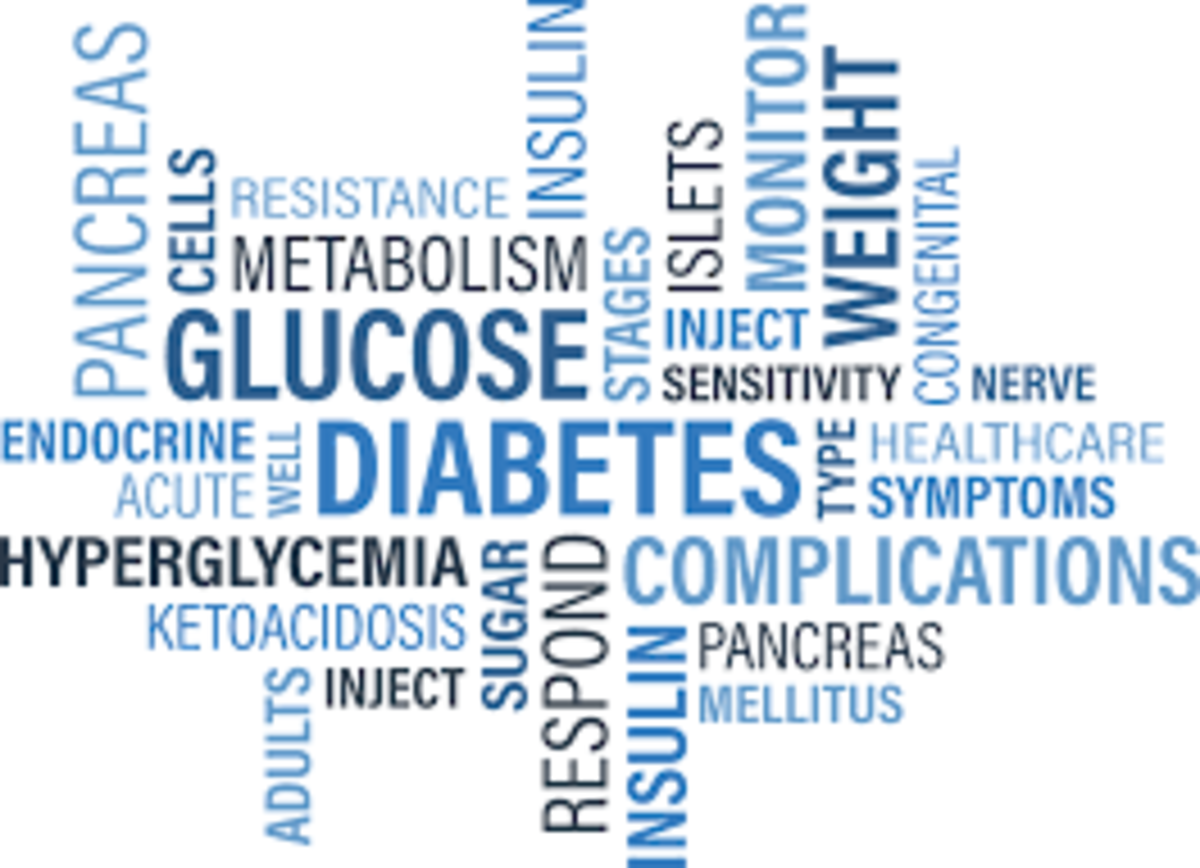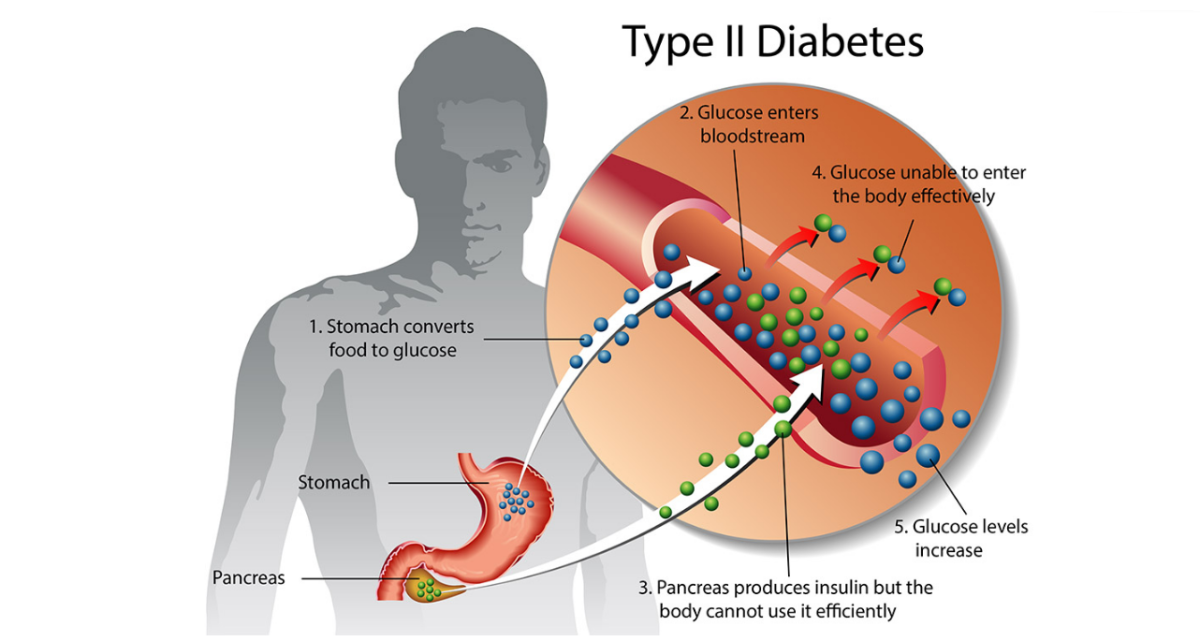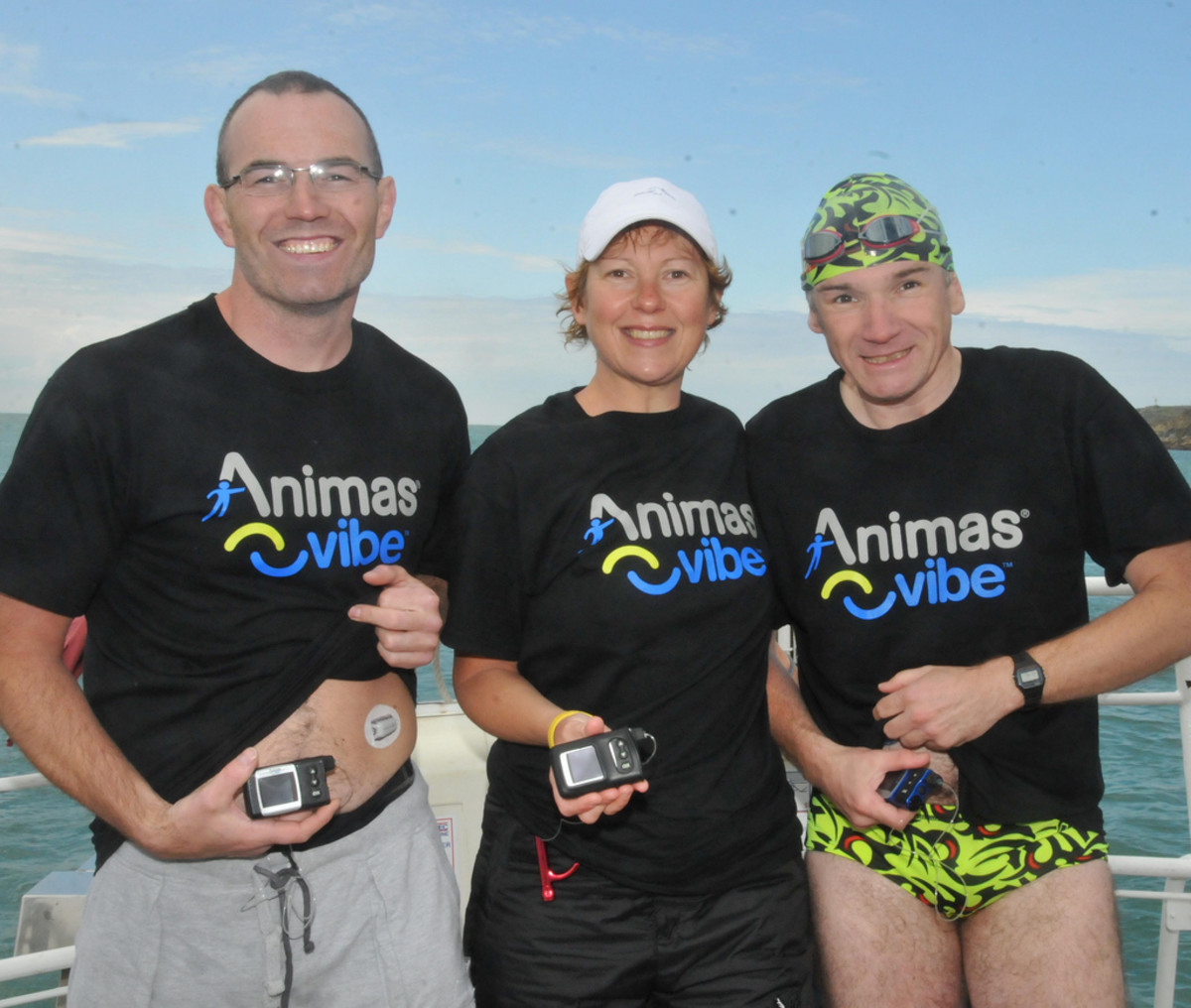Diabetes & Ketones (High Blood Sugar)
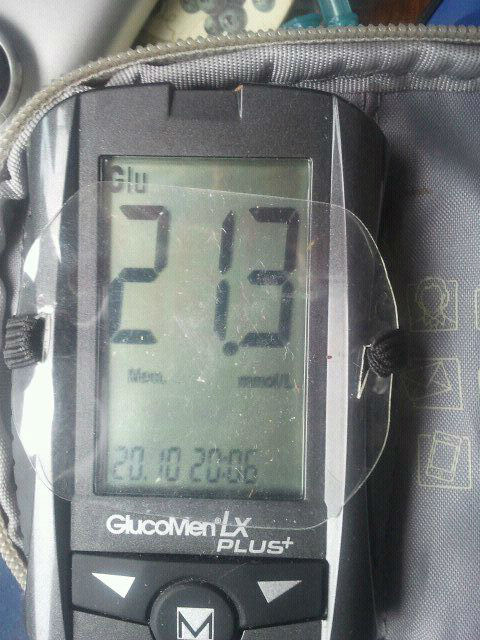
Introduction to hub
In this hub I am concentrating on Diabetic Ketoacidocis (DKA). This in case you are unaware is when blood sugars elevate above the normal range and then start to produce ketone's. This is a syndrome that Diabetics suffer from especially with the onset of Diabetes and if not enough insulin is taken. As a long term diabetic myself (40+ years) I am fully aware of the stages of this life threatening syndrome that can occur. I hope after reading this article that I have not installed an extra worry about diabetes but that I have in fact allied your fears, as DKA is preventable. I will cover the two main stages of DKA, blood testing, ketone testing, when to inform the medical team and how it can occur. In simplistic terms DKA happens when there is persistently high glucose in the blood and no or lack of insulin to help regulate the glucose.
Please note that DKA is more prone to happen to people with Type 1 Diabetes but occasionally happens in people with insulin-treated Type 2 Diabetes.
I am based in the UK. Here is a link to convert.
- OnlineConversion.com - Blood Sugar Converter
Blood Sugar Converter for diabetes patients.
Sweets can cause DKA

Reasons for DKA
The development of diabetes is the first episode of a Diabetic Ketoacidocis episode that many people will suffer from. Of course this will be a feeling that you would not have had before and hopefully would not have again. Yet as the condition is based on our ability to produce insulin you will experience some degree of DKA, just hopefully not as full on as to what you did.
Illness can and will also effect your diabetes control, by raising your blood glucose levels. When you are ill or even suffering stress, depression etc your body reacts by releasing more glucose into the blood stream and also increases insulin resistance, stopping the insulin you administer from working as effectively.
In people without diabetes who are ill, the body simply produces more insulin to deal with the higher levels of glucose, which brings them back into the normal range of blood sugar levels.
Diabetes Charities UK & USA
- Diabetes UK – The charity for people with diabetes - Diabetes UK
Diabetes UK is the largest organisation in the UK working for people with diabetes, funding research, campaigning and helping people live with the condition. - American Diabetes Association Home Page - American Diabetes Association
The American Diabetes Association is leading the fight against the deadly consequences of diabetes and fighting for those affected by diabetes.
Stage One
As the amount of glucose raises in the body the bodies reaction is to remove this excess by urination. This leads to dehydration, as the body moves water from our cells to the bloodstream to help dilute the glucose. As this occurs, levels of sodium and potassium (electrolytes) get affected too. When this happens for us diabetics, we become even more poorly.
Though there is a lot of glucose in the blood the lack of insulin means it can not get to the cells where it is needed for energy. The cells then send emergency signals and our bodies response is to break down fat stores as replacement energy. As fat is broken down, poisonous acidic chemicals, called ketones, are released into the bloodstream.
A popular diet programme (Atkins Diet) indeed promotes this way of helping one to lose fat. As a diabetic I would not advise other diabetics to take this programme.
Potential symptoms of stage one
- Blood glucose higher than 14mmol/l
- Tiredness
- Thirst
- Excessive urination
- Small amounts of ketones in blood 0.6-1.5mmol/l or urine
If DKA is detected at stage one, with small amounts of ketones in the body, it is more than likely easily brought back to normal by taking some short-acting insulin. Your medical team will be able to advise yourself on dosage. It is not within my remit here as a non-professional to advise. Sorry.
If you are a type 1 diabetic lady who is pregnant it is even more important that DKA does not progress, so you should contact your medical team straight away. You may be admitted to hospital straight away to protect yourself and the baby.
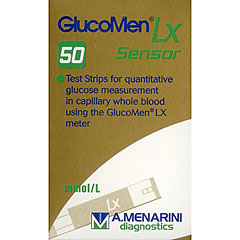
Stage Two
As DKA progresses and not dealt with at stage one the amount of ketones in your blood will raise. Ketones are poisonous and the body will try to remove them in the urine and on the breath. Your breath will smell of a mixture akin to alcohol and pear drops. If you are driving and stopped by the police they will assume you have been drinking!!! Best to let them know. As a youngster my ketones achieved such high levels that my urination left a sugar ring where any splashes had occurred on the toilet rim!!!
Higher levels of ketones in the blood can and will make you feel sick and lead to vomiting. If left untreated, you will suffer from more ketones, dehydration and an imbalance of other chemicals which if left in the blood could lead to unconsciousness and eventually be fatal.
Potential symptoms of stage two
- Moderate to large amounts of ketones in the blood 1.5 mmol/l or higher and urine.
- Vomiting and nausea
- Deep rapid breathing
- Breath smelling of alcohol or pear drops
- Drowsiness
- Unconsciousness
If any of this is happening do not waste time contact the medical emergencies immediately. You will usually be given fluids intravenously and extra insulin.
DKA can take up to 24 hours to develop in adults but in children can be faster.
Once again if you are at this stage contact the medical emergencies as DKA is now a medical emergency and cannot be treated by oneself.
Video concerning driving with diabetes
Preventing DKA
If you have type 1 diabetes it is extremely important to test for ketones if your blood sugar is over 14 mmol/l for any amount of time. One hour is more than enough to test. This test can be done either by dipping a test strip into urine or by using a blood testing machine. Much like one that you use to test your blood sugar with. I myself use a GlucoMen LX PLUS.
What are the pros of testing for blood ketones?
- Provides a numerical result rather than a colour comparison. A numerical result is more accurate and easier to read.
- It is a here and now result. The ketones found in urine have been there for hours so is not a true measurement of what is happening now.
Who is it most useful for?
- Diabetics who have Type 1
- Pregnant women, who can alongside children develop DKA quickly. Which of course can affect both the patient and baby.
- Children as they are more likely to develop DKA and develop it quicker than adults.
- Diabetics who use a pump. If the pump fails DKA can happen quickly.
High Blood Sugar Reading

What do the results mean from a blood test?
Under 0.6 mmol/l
- Normal; Consider rechecking blood ketones in 1 - 2 hours if blood sugar remains elevated.
0.6 - 1.5 mmol/l
- Take extra insulin. If you know how to administer the correct amount then go ahead. If you are unsure contact your medical team for advice.
- Check blood and ketones level in 1 - 2 hours.
1.5 mmol/l and higher
- High risk of Diabetic Ketoacidosis.
- Contact your medical emergencies straight away
Urine strip test
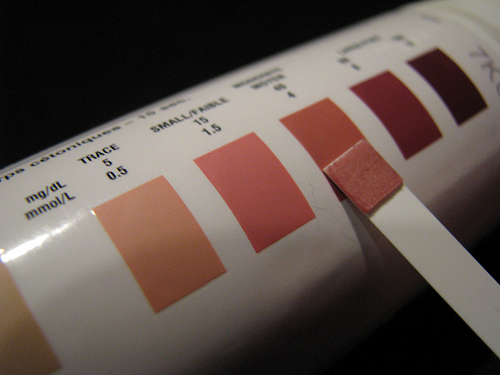
Advice for when you are ill.
Here are the basics to remember what to do when ill.
- Always take your insulin and adjust the dose if you feel comfortable doing so.
- Drink plenty to help the body rid toxins.
- Eat little and often, taking carbohydrate containing drinks and snacks like toast, biscuits or cereal etc...
- Test blood glucose more often than normal. At least four times a day and during the night as well if needs must.
- If higher than 14 mmol/l test for ketones.
- If vomiting drink high sugar level drinks to replace lost sugars.
When to contact medical emergency
- Ketones not diminishing
- Blood glucose levels are persistently high
- Nausea
- Vomiting
- Diarrhoea
- Unsure what to do
Handy app for IPone or IPad
- iPhone Diabetes Tracker app - Diabetes UK
If you have Type 1 or Type 2 diabetes, or are caring for someone who does, and you own an iPhone, iPod Touch or iPad – you can download the free Diabetes UK Tracker app.
Summary
That's it for me for this hub.
I do hope you have enjoyed the read and that I have not made you worry but like I said helped you to understand what could happen.
Please take reassurance that the later stages of DKA do take a time to come on and if caught early enough no need for medical assistance.
Take care and if you would like a question answered then please drop me a line.
Kind Regards
Jason
Links to further advice
- Diabetic ketoacidosis - Wikipedia, the free encyclopedia
- Diabetic Ketoacidosis - Diabetes UK
A guide to managing and living with diabetes - looking at diabetes, treatments, health, complications and diabetic recipes. - Diabetic Ketoacidosis | Doctor | Patient UK
Diabetic Ketoacidosis - Synonym: DKA See also separate articles: Diabetes and Intercurrent Illness; Hyperosmolar Hyperglycaemic Non-ketotic Coma (H...

